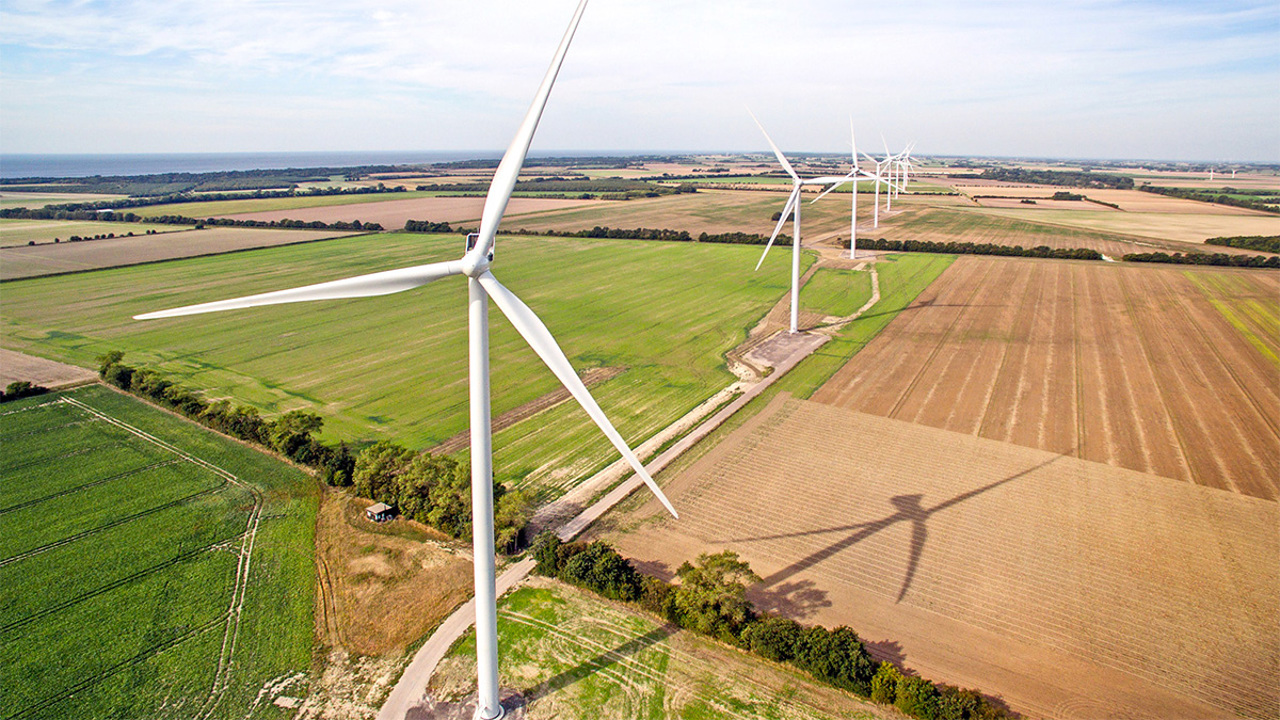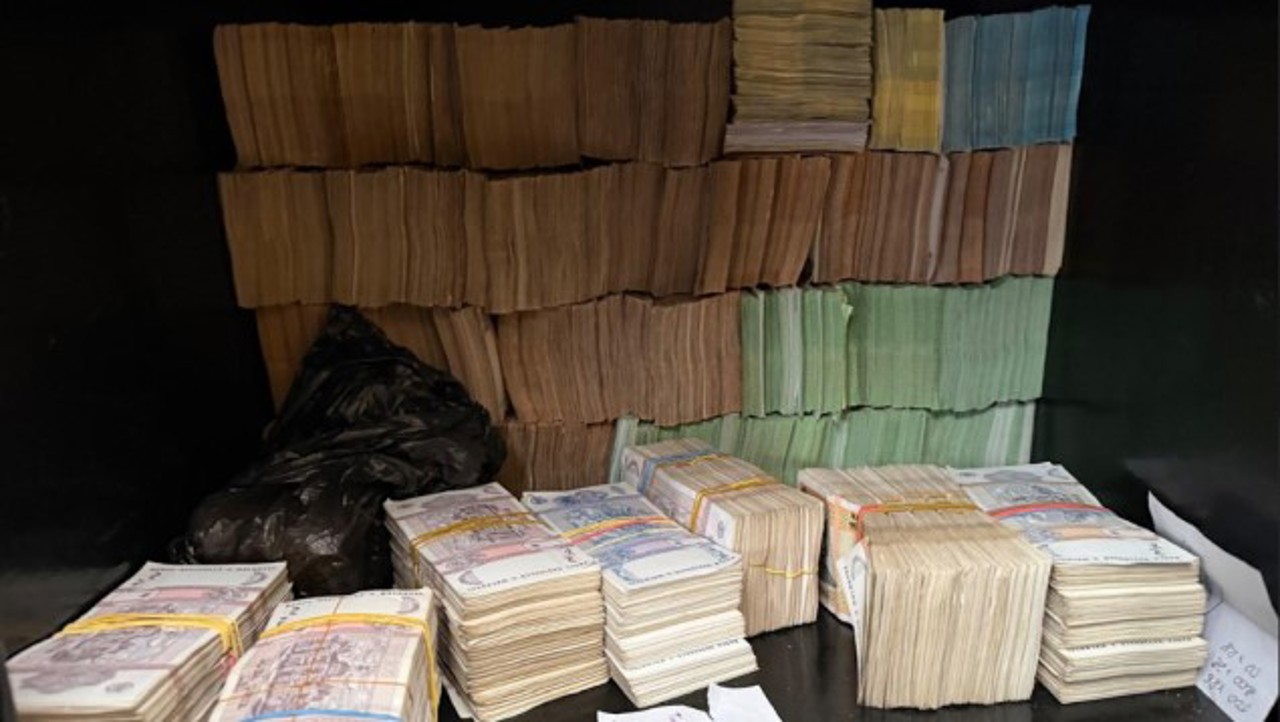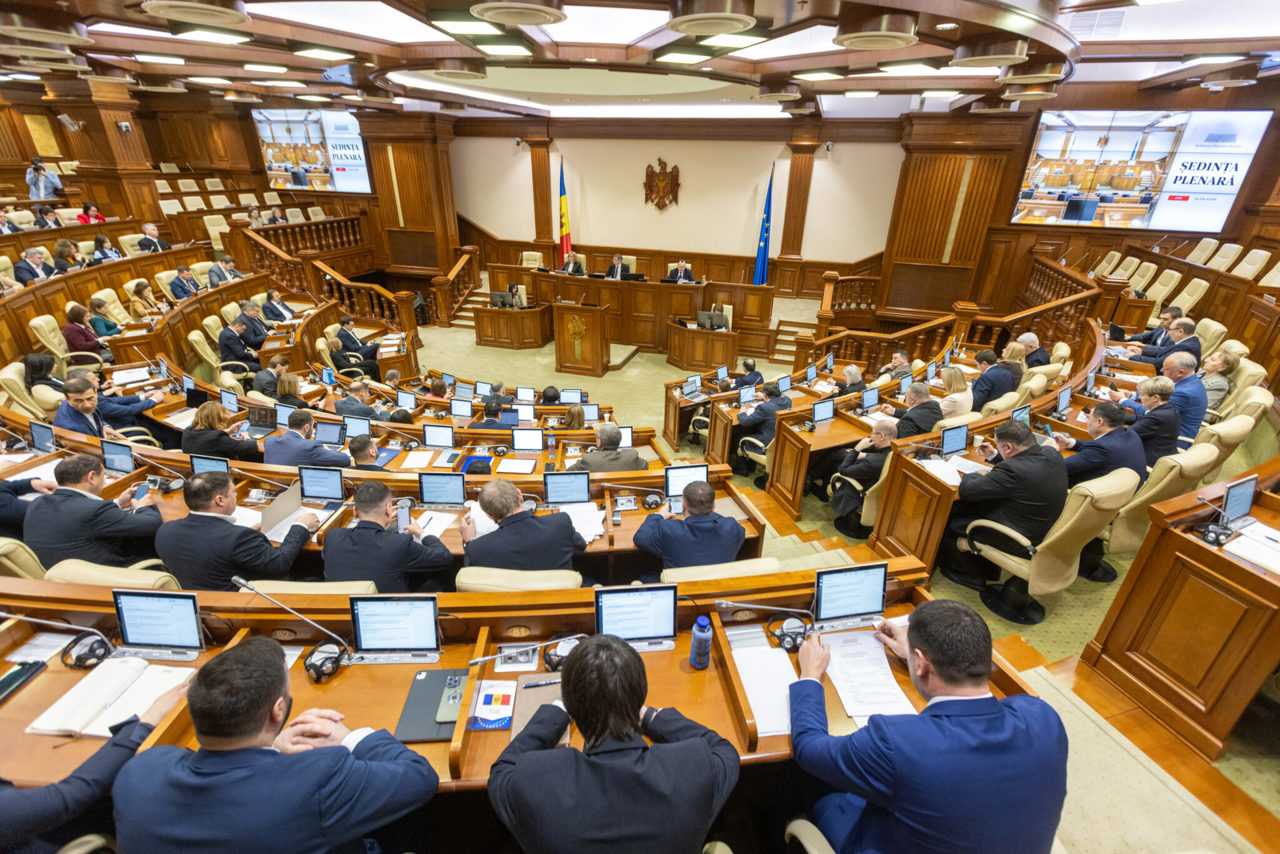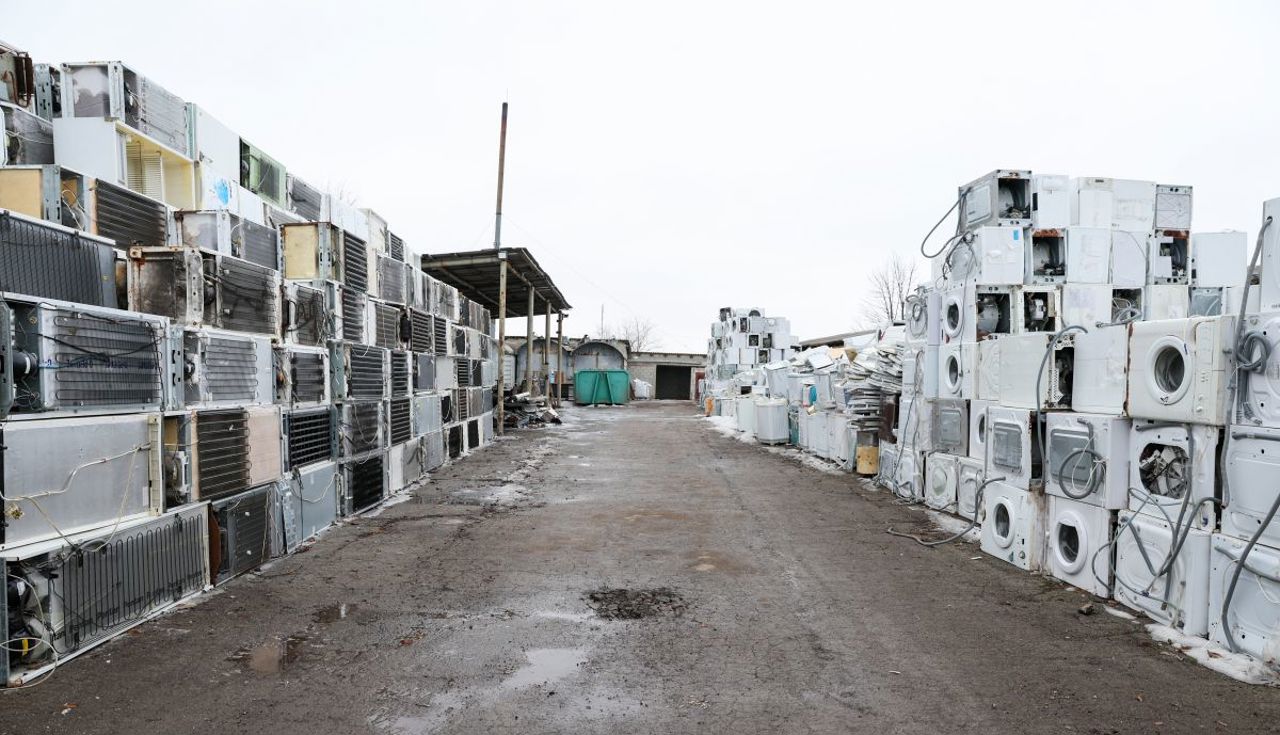The Republic of Moldova could produce thermal energy from waste by 2030, according to a study carried out by the Ministry of Energy
The Republic of Moldova could produce thermal energy, by 2030, from the waste collected in Chisinau and Balti, State Secretary from the Ministry of Energy, Carolina Novac, told Radio Moldova. According to her, a study is being carried out to understand the capabilities of the Republic of Moldova in order to generate this type of energy and the consequences on the environment.

The Republic of Moldova does not have natural resources such as oil, natural gas or coal to be an energy producer, but our country has the potential to develop its sources of renewable energy, says the state secretary from the Ministry of Energy, Carolina Novac in an interview for Radio Moldova.
According to her, the authorities have initiated a study that will last until June, to understand the capacity component of the waste and how it can be used to produce energy without harming the environment. Carolina Novac stated that the strategy could be implemented by 2030.
"We want to determine the morphological composition of those municipal solid wastes in two areas - Chisinau and Balti. With the completion of this study and it will be very clear what our real potential is. The next step is to do a complete study and establish a specification at the level of Chisinau, where this installation would be located, what the costs would be, what filters are needed".
Carolina Novac said that the Ministry of Energy has taken over the experience of other countries, Sweden, Denmark, Austria, which already have installations for the production of energy from waste, provided with special filters in order not to release carbon emissions into the atmosphere.
We mention that the Republic of Moldova has set as its national target for the year 2030 that no less than 30 percent of the volume of electricity consumed should be from renewable sources. Currently, they represent 6%.





